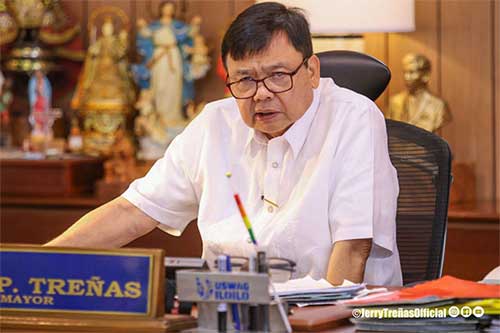By Atty. Eduardo T. Reyes III
The Commission on Elections (COMELEC) has scheduled the filing of certificates of candidacy (COC) from October 1- 8, 2024 for those intending to run for the May 2025 elections.
What are the legal implications of filing a COC? Does it make one a “candidate” who will come within the jurisdiction of the COMELEC and be banned from performing acts that would amount to “campaigning”?
The answer is not a simple yes or no.
Under Section 79(a) of the Omnibus Election Code, a “candidate” is defined as “any person aspiring for or seeking an elective public office, who has filed a certificate of candidacy by himself or through an accredited political party, aggroupment, or coalition of parties.”
Thus the COMELEC in its initial pronouncement warned candidates who have filed their COCs against engaging in activities that would be deemed as “campaigning” outside the campaign period as it would be an election offense.
Illegal campaigning is defined and its elements laid down in Section 80 of the Omnibus Election Code (OEC). The violation entails these elements: (1) a person engages in an election campaign or partisan political activity; (2) the act is designed to promote the election or defeat of a particular candidate or candidates; (3) the act is done outside the campaign period.
Yet even if one has already filed a COC, which makes his/her declaration of running for a certain elective post official, still, they are not considered “candidates” as envisaged under Section 80 of the OEC.
In People of the Philippines, Atty. Anna Liza R. Juan-Barrameda, Michaella Savari and Marlon Savari v. Rufino Ramoy and Dennis Padilla, G.R. No. 212738, which came down on March 9, 2022, it was concluded that:
“Notwithstanding such definition, a person is considered as a “candidate” only at the start of the campaign period for which the certificate of candidacy is filed. The provision further qualifies that unlawful acts or omissions applicable to a candidate shall take effect only upon the start such of the campaign period. In this sense therefore, there can be no scenario in which premature campaign may be committed, as there can be no “candidate” prior to the campaign period.”
Thus the prohibition against illegal campaigning, ie., TV or social media personalities still appearing on their respective medium, distribution of goods or posting of posters in many shapes and forms and indiscriminately, will only apply “during the campaign period.”
But for voters like this columnist and most within his circle, whether it is before or during the campaign or election period, or at any time, the best campaign that can court our votes, is the performance and attitude of the candidate over the years when no one was looking.
(The author is the senior partner of ET Reyes III & Associates– a law firm based in Iloilo City. He is a litigation attorney, a law professor, MCLE lecturer, bar reviewer and a book author. His website is etriiilaw.com).

























